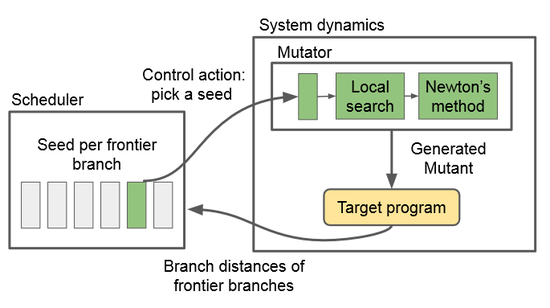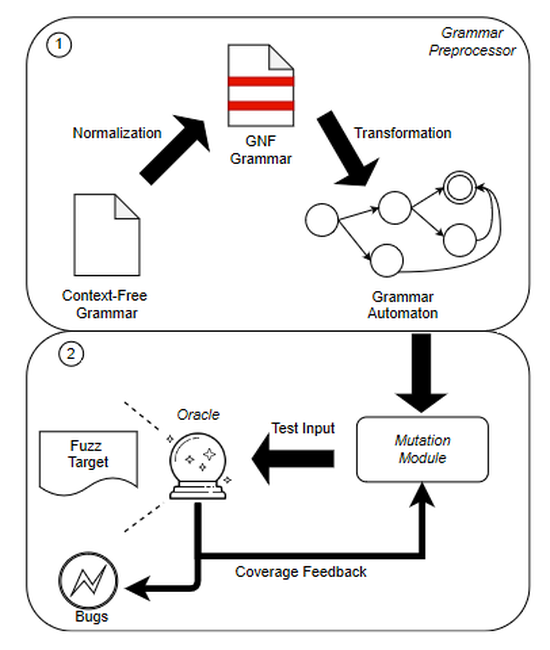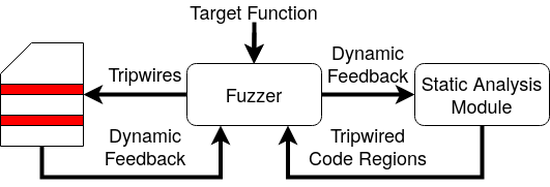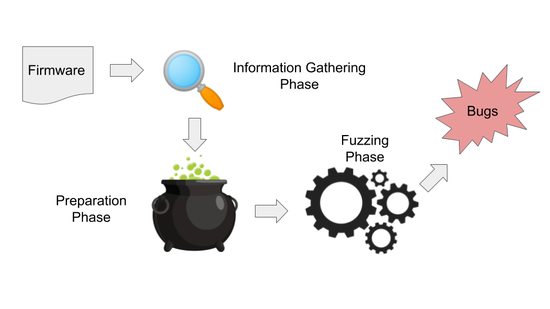Prashast Srivastava
Applied Scientist
AWS Provable Security
Biography
I am working as an applied scientist at AWS Provable Security. Previously, I was a postdoc with Prof. Suman Jana at Columbia University where I worked on enhancing general-purpose fuzzing and explored the robustness of code generation models. Before that, I obtained my PhD from Purdue University where I was fortunate to be advised by Prof. Mathias Payer at EPFL and Prof. Antonio Bianchi at Purdue. In summer 2018, I also had the pleasure to intern with Dr. Vineeth Kashyap at Grammatech and explore some program analysis questions.
My primary research area of interest is software testing and my PhD thesis centered around enhancing bug discovery capabilities of fuzzers. I explored meaningfully reducing the input space that fuzzers have to explore by sampling inputs from a distribution that incorporates domain knowledge about the software under test. More simply put, I explored incorporating insights from answers to fundamental questions like “What kind of software are we testing?” and “What kind of bugs are we looking for?” into the input generation methodology of fuzzers to make their bug discovery more effective.




